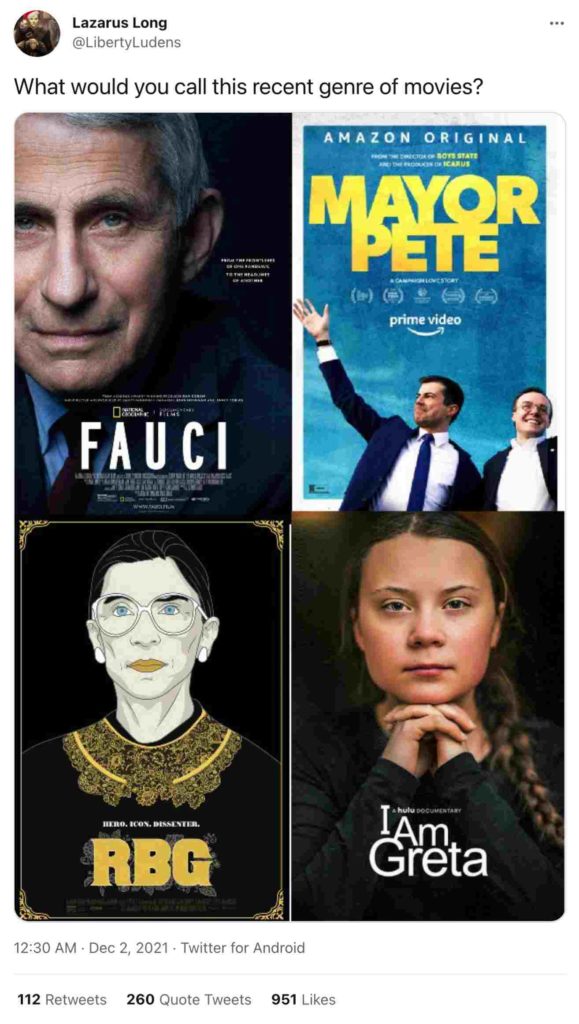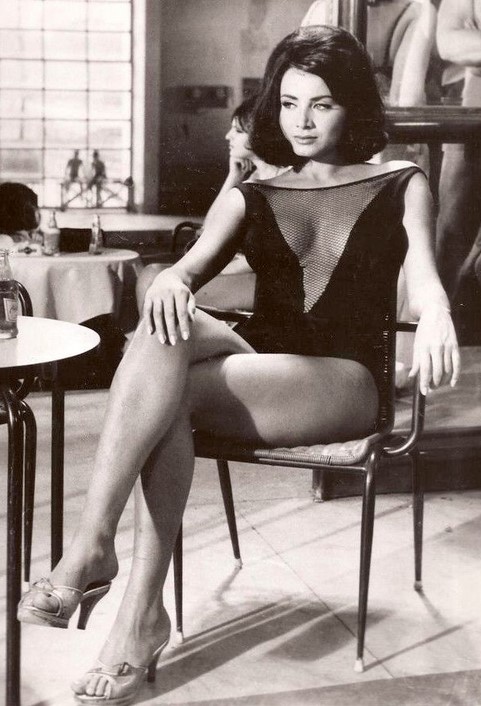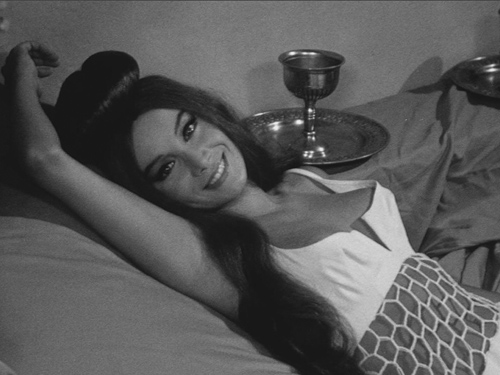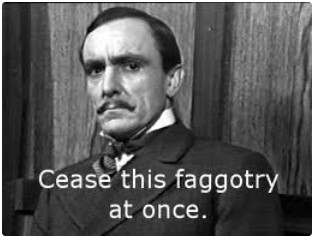Seen at Insty’s:

How about Unwatchable?

Seen at Insty’s:

How about Unwatchable?
I see that novelist Wilbur Smith has died aged 88, and I have to mourn one of the world’s great storytellers.
Longtime Readers will recall that when anyone asks me to recommend books about South Africa, I recommend Wilbur Smith’s Courtney trilogy (When The Lion Feeds, The Sound Of Thunder and A Sparrow Falls ) as the best of the bunch (along with Stuart Cloete’s Rags Of Glory, for the Boer War).
Having read almost all Smith’s Africa novels, I have to say that after a while the stories become somewhat formulaic — but that does not take away from their wonderful pacing, excellent settings and gripping conclusions. In fact, it says quite a lot that I, knowing all that, still have read and continue to read his books as soon as they appear on the (digital) shelves. In other words, even though I pretty much know what’s going to happen within the first few chapters, I still continue to read because at all times, I learn stuff about the location(s) of the stories and their characters.
Sooon there’ll be no more Wilbur Smith novels, and I have to say, a little joy has gone out of my reading world.
R.I.P.
Back when I was in the client service business, we had an expression for accounts in which things could never go right — where problems would occur on a frequent basis, systems would fail, communications get misinterpreted and attempts to fix problems would just make the original problem even worse.
We used to refer to them as “snake-pit” accounts: where no matter what you did, you’d just step on another snake. Others in the trade termed them “tarbaby” accounts, where no matter how you tried to shake the problems off, you’d just get stickier and stickier.
A crew member winding down production of Rust faces losing his arm after being bitten by a venomous spider, just weeks after Alec Baldwin accidentally shot and killed the movie’s cinematographer.
While I think we all agree that it would be more fitting if Baldwin had been bitten by the spider, you have to feel a little sorry for not only this crew member, but the entire crew (including the dead one, of course) because after all, they were all just working stiffs trying to make a movie together, albeit for a loathsome reptile like Baldwin.
All in all, this production certainly qualifies as a snake-pit operation.
For you to understand the approaching train wreck that is my aging brain, you need only to look at this email exchange between me and a Reader:
Kim,
Thanks for your post about Michael Caine this morning.
Thought I’d add my $0.02, if you don’t mind. One of my favorite movies that he made was “The Eagle Has Landed”.
I wondered if you like it, and if not, why not? I’m not much of a discerning literature or movie connoisseur as you are, but I like to learn. — Tim
Tim,
Love it. I have the movie AND the novel trilogy. (Higgins is one of my favorite modern authors, ever since Eye Of The Needle.)
Well, you all know where this is going, right? Hold on:
Kim,
I haven’t read the novel, thanks for the heads up. I’ll put the trilogy on my reading list. — Tim
Then about ten minutes later, some pieces of Truth came upon me, and I hastily continued:
Tim,
I’m losing my mind. The author of Eye Of The Needle was Ken Follett, not Jack Higgins. DOH!!!!
But Higgins did write the trilogy: Eagle Has Landed, Eagle Has Flown, Night Of The Fox.
Although Follett also wrote a novel called The Fox.
All very confusing to an old man like me.
The latter is not to be confused with D.H. Lawrence’s novella of the same name, nor with the Peter Sellers / Vittorio De Sica movie After The Fox, which featured the luscious Maria Grazia Buccella:


The movie was derived from a play of the same name by Paul Neil Simon.
Where was I? Oh, yes. Anyway: Jack Higgins wrote The Eagle Has Landed and its two sequels (a.k.a. the Liam Devlin Trilogy ).
And Ken Follett wrote The Eye Of The Needle and other fine stories.
Everyone got that? Good.
Now explain the middle bit to me.
I have always loved Michael Caine’s acting work — whether his debut starring performance in Zulu, followed by Alfie, Educating Rita, Get Carter, and of course the exquisite Second Hand Lions, among countless others.
In fact, Caine has been one of the hardest-working actors of his, or any, generation — his first appearance on screen was in 1946 — so if Sir Michael has decided to pack it in at the ripe old age of 88, then good for him, say I.
What I always liked about Michael Caine was that he never forgot his roots — growing up in absolute poverty in London’s East End, he remained rooted in reality and unlike so many others, he never let the Hollywood bug get its claws into him.
I think I have more than a few of his movies in my DVD collection — ah, I see Zulu, Harry Brown, Pulp and Little Voice., not to mention appearances in A Bridge Too Far and Battle of Britain... choices, choices, choices.
I’ve always thought that the problem with Daniel Craig’s portrayal of James Bond is that Craig doesn’t look like Ian Fleming’s description and characterization of Bond as a man with a cultured veneer, and a tough, ruthless man barely concealed just underneath. It’s why Sean Connery was so good:

…but the rest were too heavy on the “cultured” (Roger Moore) or else pretty boys (Pierce Brosnan, Timothy Dalton) with no “rough” in evidence anywhere. This doesn’t mean they’re bad actors (I’m a huge fan of both Moore and Brosnan), but they were just miscast.
By comparison, Daniel Craig is the complete opposite: a street thug in a tuxedo, no sophistication to be found anywhere.
Which is why his swan song as Bond at the world premiere of whatever they’re calling the latest car on the 007 money train is so jarring:

The jacket’s too short by two inches, and… pink? No doubt the producers are setting us up for the next iteration of 007: Jamie Bond, from West Hollywood.
To make things even worse, his co-star Leah Seydoux looks like a man in drag, and the movie has been dubbed the “wokest Bond movie ever“… to the whirring sound of Ian Fleming spinning in his grave.

All this means I’m unlikely ever to see this movie, but I (and people like me) am no longer relevant to the 007 Marketing Department.